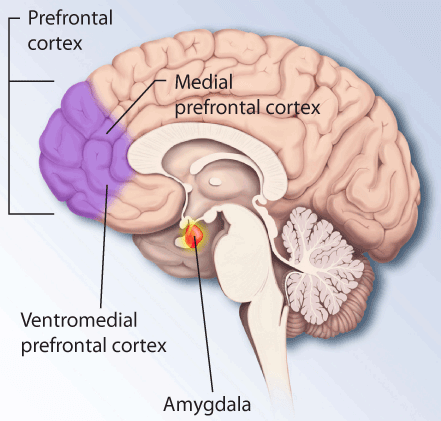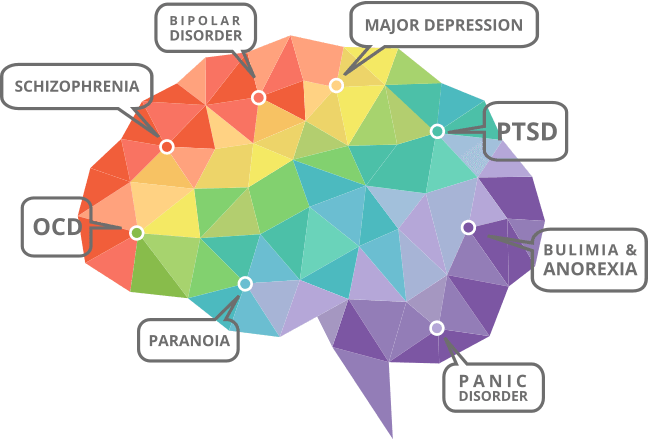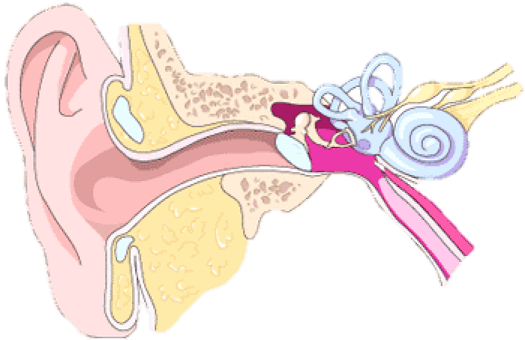Information on this site shall be considered as holistic, alternative and spiritual advice only. For medical advice and treatment a GP, medical professional and/or Certified Hijama Therapist should be consulted. In all circumstances where lifestyle changes, supplements, or other foods are suggested your GP should be consulted. Client Safety is the number one priority.
Cupping / Hijama Treatment Plan for Depression, Withdrawal, Insomnia, Psychological Conditions and Nervousness
Allow 2-4 weeks between sessions – longer if required. Hijama Points shown for each session should ONLY be used to guide the therapist. Body size, cup size, and any other conditions need to considered and appropriate care and attention taken. The number of sessions shown can be increased or reduced depending on the condition of the client.
Complete Treatment Plan
Click here for Session 1Click here for Session 2
Click here for Session 3
Click here for Session 4
Standard Wet Points – 1,55,6,11,32
Click here for Hijama Points on the back of the bodyClick here for Hijama Points on the head and face
If the client has a complicated history and numerous concerns then it is a good idea to use our online consultation service – click here.
Which body part or function is involved in Depression, Withdrawal, Insomnia, Psychological Conditions and Nervousness?
Psychological disorders are also called mental disorders are impairments of the mind resulting in various behavioral changes making daily life difficult. A number of psychological disorder classes have been identified this include Mood disorders like depression, eating disorders like anorexia, personality disorders like antisocial personality and psychotic disorders like schizophrenia. Psychological disorders are multifactorial disorders that are developed by a complex interaction of genetic and environmental factors contributing to their occurrence in an individual and now the researchers have identified that psychological disorders have more genetic involvement than the environment at least for some disorders like schizophrenia.
Researchers have developed a concept of gene-environment interaction for some disorders that are complex enough to be considered either due to genetic or environment only. The environment causes some epigenetic changes leading to some chemical modifications that affect the way a gene is expressed this alters the function of a gene without causing any change in the DNA sequence. Besides this there are problems in the brain’s chemical processes that can be led to some abnormal behavioral changes most important of these are neurotransmitters that are the chemical messengers. These neurotransmitters are involved in sending information between neurons by passing through a synapse. The electrical signals from the neurons are unable to cross the synapse and are converted into chemical signals to cross the synaptic gap. Once they research the other neuron, they are again converted to an electrical signal that is called an action potential.
Some neurotransmitters that are associated with psychological disorders include:
- Serotonin – Involved in controlling sleep cycle, pain, and food digestion. This hormone stabilized the mood, sdeficiency levels of this hormone cause depression, anxiety, and schizophrenia.
- Dopamine – Associated with control of voluntary movement and brain reward mechanism. Disorders include neurocognitive disorders, eating disorders.
- GABA – Involved in blocking excitatory neurotransmitter signals that are linked tpanic and anxiety.
- Acetylcholine – It has a role in learning and memory. Involved in neurocognitive disorders.
- Norepinephrine – Regulates mood by increasing blood pressure and heart rate. Linked disorders include anxiety and depressive disorders.

What are the symptoms and effects of Depression, Withdrawal, Insomnia, Psychological Conditions and Nervousness on the body?
Psychological disorders are abnormal brain activities leading to troubling behavioral changes. The exact causes of these disorders are not known but factors like childhood or prenatal exposures, stress, hereditary factors, various diseases, and some imbalances in chemicals related to the brain. Psychological or mental disorders involving depression and anxiety are found to be more common in women than men, while psychological disorders with symptoms involving drug abuse and aggression are more frequently found in men. The risk factors for the psychological disorder can be of varying degrees.
Depression and depressive disorders are found to have about 30 to 40% genetic involvement while certain environmental factors also contribute to depression. Environmental risk factor includes childhood exposure to sexual or physical abuse, stress factor in early life, loss of a parent, or being neglected as a child become major contributors in the development of depression later in life. depression does not just affect mood if causes change in certain brain areas and even reduces the normal activity of certain brain areas like prefrontal lobes that are involved in judgment, reasoning, and personality. Depression when left untreated in a person for a decade was reported to have increased brain inflammation up to 30% that can cause brain cell damage leading to dementia and memory disorders.
Withdrawal can be a social withdrawal or feeling of loneliness that can be due to mental, emotional, or financial issues, or not having a social circle can all lead to social withdrawal. while withdrawal from a drug or an addiction is another type where various psychological symptoms can be experienced including anxiety, depression, nausea, vomiting and in more severe cases suicidal thoughts requiring immediate medical and psychological help in such people.

Insomnia or sleep disorder is much prevalent in the general population it is commonly associated with anxiety and depression that causes poor sleep quality or quantity leading to deteriorating health and performance in routine activities.
Nervousness is something that causes fear or a feeling of uneasiness in a person. This can be experienced by all of us at one time or another and appears like a combination of excitement, anxiety, and fear at the same time by activation of certain hormones involved in our body’s stress response making it fight or flight. Nervousness is different from anxiety and often it is temporary and resolves as the stressful situation passes while anxiety is a psychological condition.
The symptoms of psychological disorders include: o Anxiety o Aggression o Problem denial o Mood alterations o Erratic behavior o Psychoses, hallucination, delusion o Drug abuse or alcohol intake o Social withdrawal o Abrupt mood changes affecting routine life o Insomnia o Energy level changes
What changes in diet can help improve symptoms of Depression, Withdrawal, Insomnia, Psychological Conditions and Nervousness?
Nutritional deficiencies are a major cause of physical and psychological disorders especially if they are experienced in the prenatal or developmental stages of a child. Eating a balanced diet rich in fresh fruits, vegetables, fish, grains, cereals, nuts, legumes are reported to have a role in reducing depression.
Changes in lifestyle which can help Depression, Withdrawal, Insomnia, Psychological Conditions and Nervousness
Maintaining good physical health is important for the well-being of mental health. To deal with psychological disorders staying physically active, avoiding smoking and alcohol consumption is crucial and has a significant positive impact in coping with the symptoms. Staying physically leads to lowers chances of gaining unhealthy weight and metabolic disorders that are also associated with psychological problems.
Possible alternative remedies for Depression, Withdrawal, Insomnia, Psychological Conditions and Nervousness
Other than treating a psychological problem with medication there are certain ways to cope up with the symptoms these include getting electroconvulsive therapy (ECT), deep brain stimulation, vagus nerve stimulation that uses electrical current producing devices to generate impulses in the particular area if the brain to improve worst cases of depression and reduce the severity of symptoms. Also, meditation, yoga, acupuncture, fitness, and massage produce significant improvement in the mental condition of patients.




